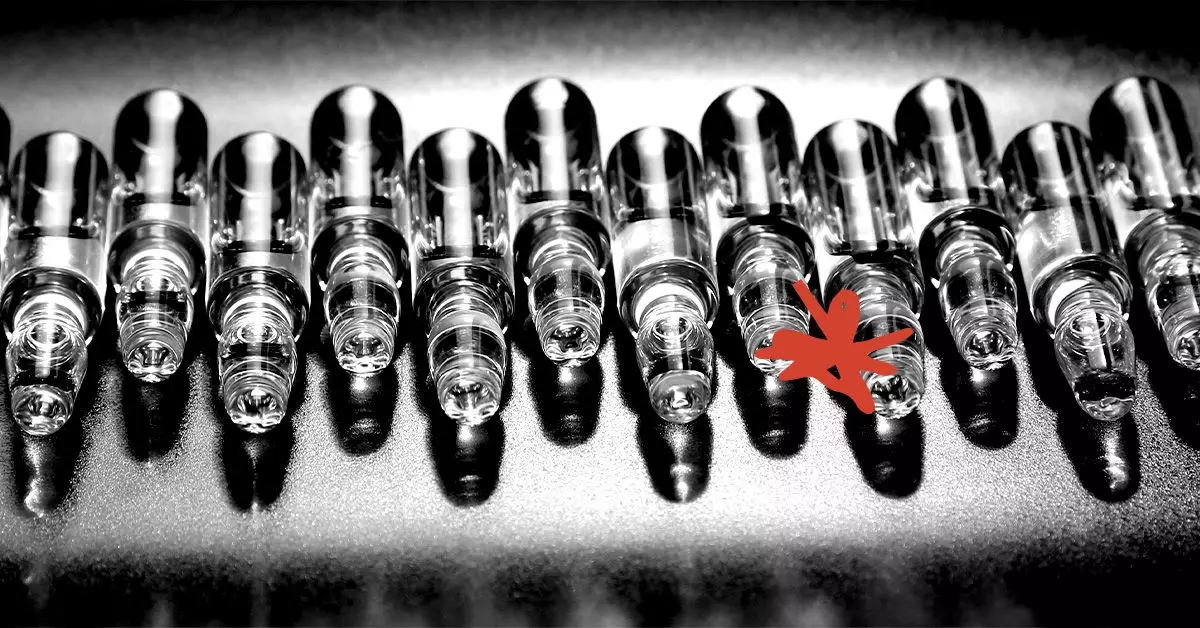Immunotherapy has emerged as a beacon of hope in the realm of cancer treatment, specifically for prostate cancer. While the effectiveness of this approach is influenced by various factors, including cancer stage and the individual’s overall health, its unique mechanism of action sets it apart. Instead of directly targeting the tumor, immunotherapy enhances the body’s immune response, harnessing its natural capabilities to fight off cancer cells. Particularly, it is utilized for cases where prostate cancer has progressed beyond conventional hormone therapies, offering renewed hope even in challenging circumstances.
Provenge: A Promising Vaccine
Provenge, an autologous cellular immunotherapy, has gained attention for its role in extending survival rates for patients with advanced prostate cancer. While it may not halt the cancer’s progression outright, studies have reported median survival extensions of up to 2.5 years for patients treated with Provenge in conjunction with androgen receptor-targeting agents. In stark contrast, those relying solely on androgen receptor-targeting agents have faced significantly shorter median survival rates, averaging around 6 months. This highlights the potential of Provenge not just as a therapeutic alternative, but as a critical tool in managing life expectancy in advanced cases.
Advancements in Checkpoint Inhibition
Another fascinating aspect of immunotherapy involves immune checkpoint inhibitors, such as pembrolizumab and dostarlimab. Though these drugs remain a less common choice in prostate cancer treatment, their ability to activate immune system “checkpoints”—essentially, safety mechanisms that prevent the body from attacking its own tissues—can be promising under certain conditions. Research suggests that individuals with specific genetic markers, such as a defect in mismatch repair genes, may respond significantly to these therapies. Moreover, higher levels of microsatellite instability and tumor mutational burden could also indicate a better prognosis when treated with these ground-breaking agents.
The Nuances of Treatment Consideration
There’s an inherent complexity regarding how and when immunotherapy is recommended for prostate cancer patients. It is not a one-size-fits-all solution, and the decision to pursue this route often comes after other treatments have shown limited success. Healthcare professionals must carefully evaluate a patient’s unique characteristics before suggesting immunotherapy, which underscores the need for personalized medicine in this context. Furthermore, understanding the potential side effects—such as infusion site reactions, fever, and fatigue—becomes crucial for informed patient choices.
Finding Light in the Shadows
While immunotherapy for prostate cancer is far from perfect, its transformative potential cannot be understated. As research continues to unravel the complexities of cancer biology, there is cautious optimism surrounding the development of novel treatment options. Engaging patients in holistic discussions about their treatment plans and weighing the risks and benefits of immunotherapy may empower them in their fight against prostate cancer. In this evolving landscape, hope does not just reside in the promise of innovation, but also in the deeper understanding of the individual patient’s journey.

